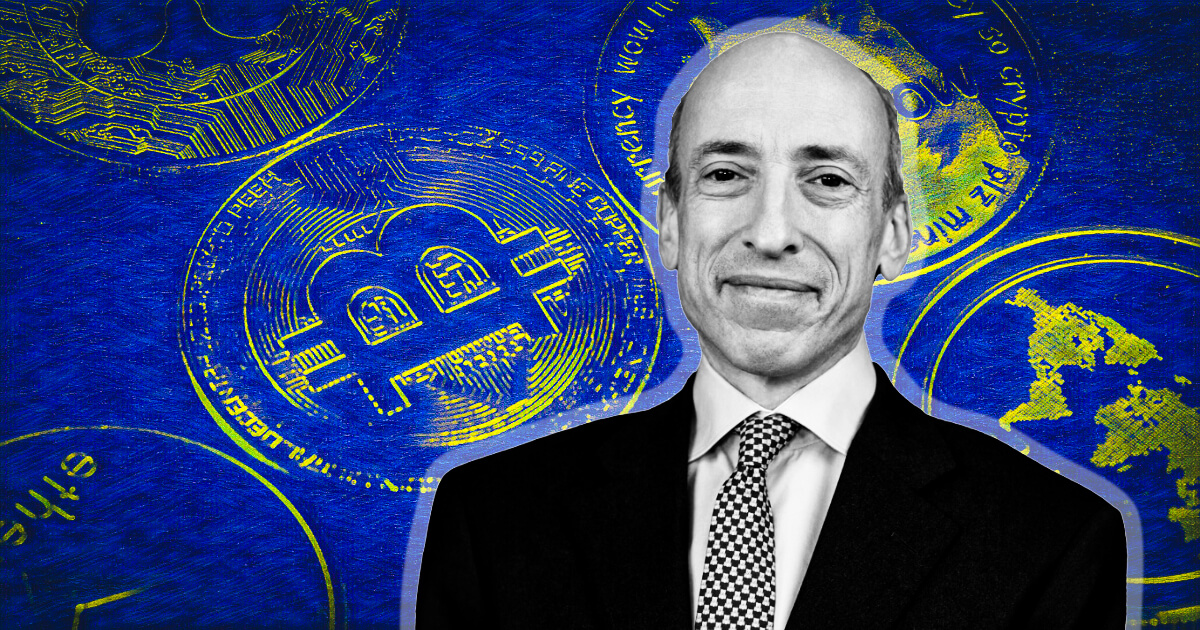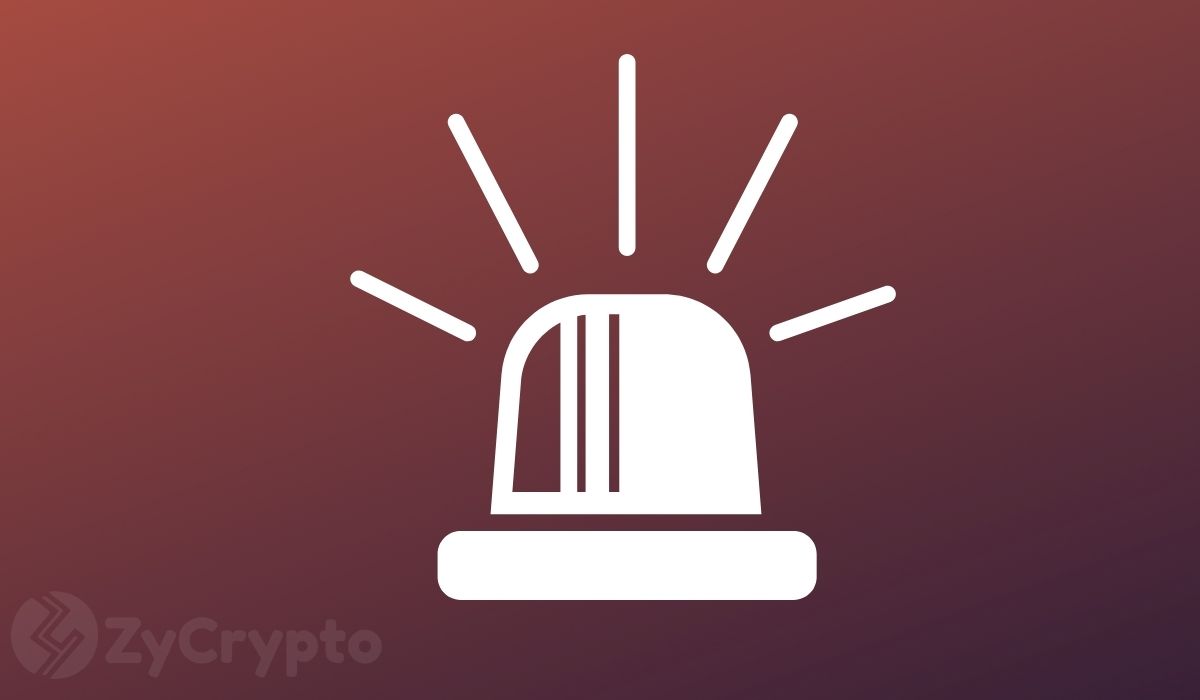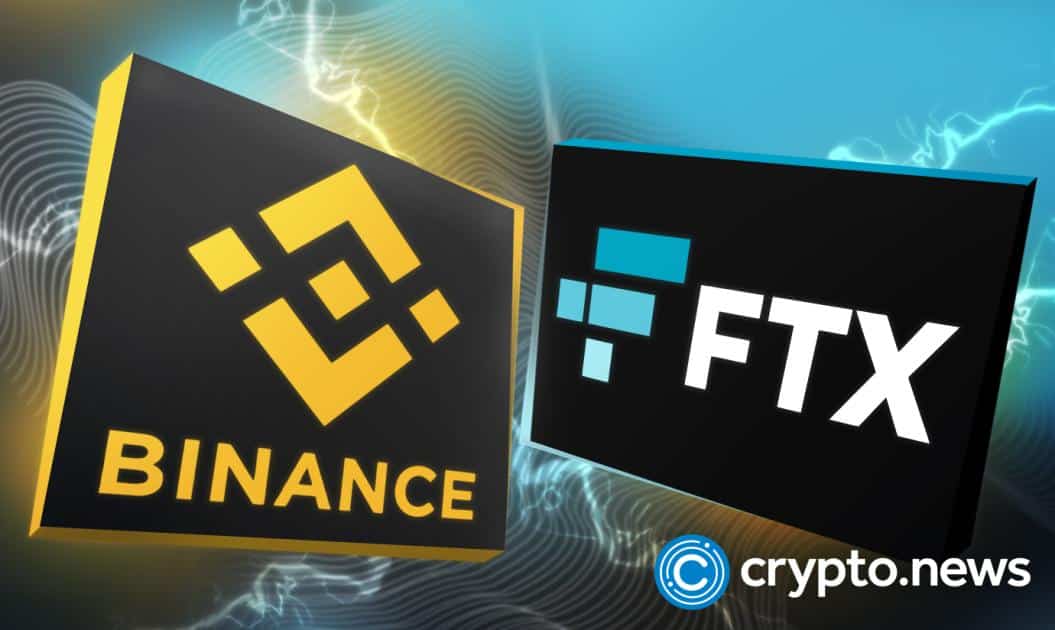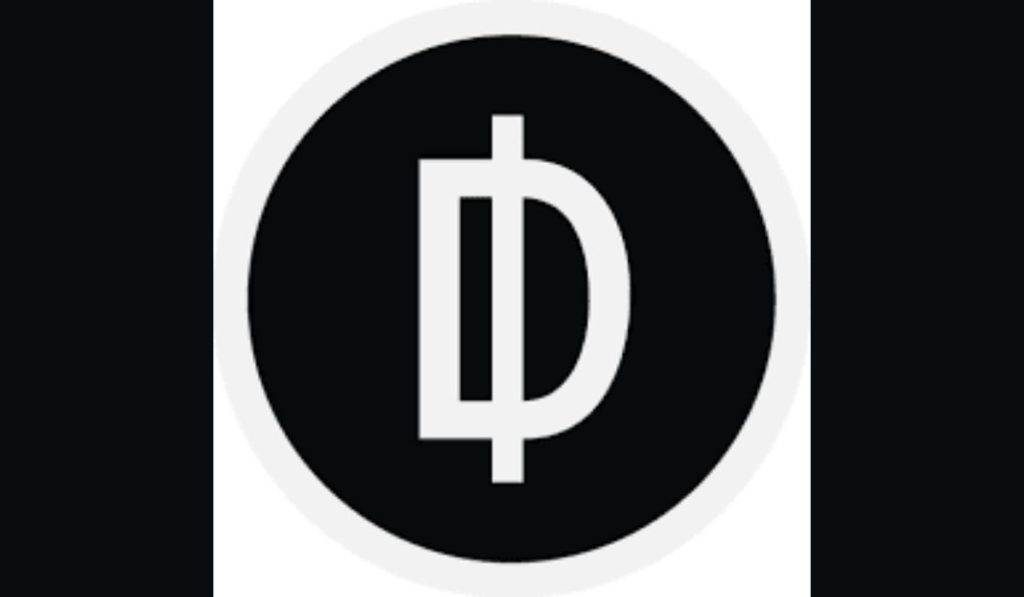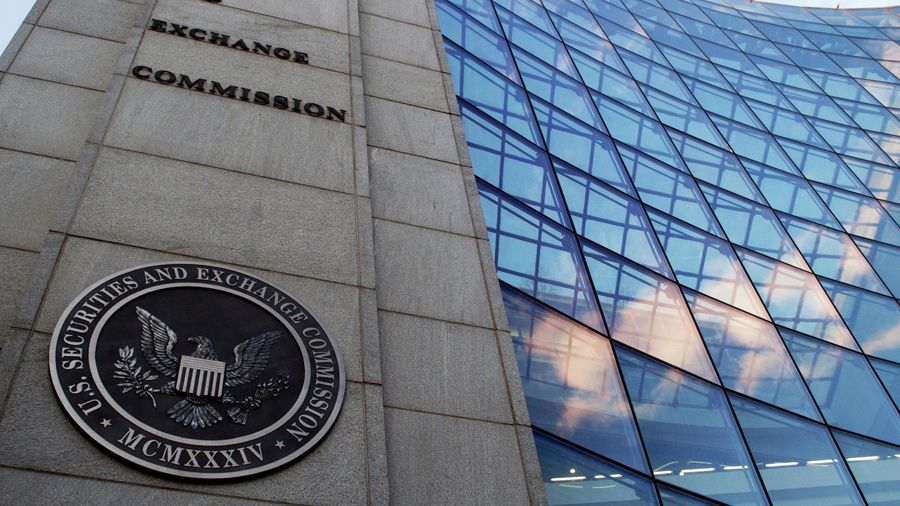2018-12-18 23:01 |
By Eric van Miltenburg
Ripple is an international business by definition. We use blockchain technology and digital assets to remove friction from global payments. From the very beginning, we’ve worked within the existing international banking system, as opposed to around it, engaging with regulators worldwide to ensure success for our customers. While we’ve seen exciting regulatory progress over the past year, challenges still lie ahead.
With this in mind, we invited leaders on the front lines of digital asset and blockchain regulation to Ripple HQ to share their take on the advancements, frustrations and major hurdles facing the industry in the year to come. Panelists Kevin Werbach, Author and Professor at the Wharton School, Valeria Bystrowicz and Sarah Hody, both Associates at Perkins Coie, joined me for this inaugural Ripple Expert Views event.
Moderator Claire Kart, Ripple’s Head of Community, kicked off the conversation with a phrase we’re very accustomed to hearing in the tech space, “It’s better to beg for forgiveness than to ask for permission.” She noted that in practice—and especially when we’re talking about financial services—this is a misguided approach. It may offer short-term benefits, but it does not set the stage for long-term industry growth and technological adoption.
This is especially true in blockchain and digital assets, and working together with governments and policymakers to create an environment for innovation defined by both consumer trust and more regulatory clarity quickly became the central theme of the night.
On the topic of trust, Werbach explained that anything deemed valuable must have real outcomes behind it. He reminded us that we’re in the minority as industry insiders, that there has not yet been some killer app that’s spurred mass adoption and broad understanding of the value in blockchain and digital assets. In fact, only a few applications of this new technology, like those associated with cross-border payments, can be tied to real, positive outcomes for business and society.
The panelists then turned their attention to how. How can we bring the next wave of innovative use cases to market? The answer: help drive more regulatory clarity. Hody commented that she advises her clients to engage with regulators early and often for this reason. The panelists noted that this approach is showing some early signs of success in emerging markets around the world—especially in the ASEAN market.
In this region, millions are gaining access to banking services for the first time through non-banking channels, like mobile wallets. The World Bank estimates East Asian markets received $129 billion in remittance payments last year alone. Further, SMEs are estimated to be responsible for up to 60 percent of employment in the developing world, but that number is thought to be as high as 70 percent in ASEAN countries.
Unfortunately, while the demand is huge in these markets, the traditional correspondent banking system is contracting—creating more friction and fewer options to send money abroad. Bystrowicz wisely suggested that the regulatory progress in this region, and other emerging markets, is being driven by policymakers seeing this dynamic unfold and realizing the potential of blockchain technology and digital assets in reducing payment pain points.
Thailand, Singapore and the Philippines, to name a few, have all created digital asset regulation that addresses risk while also supporting innovation. Rather than choosing to regulate the technology, they’re focusing on how the technology is being used by forming policy that applies to specific activity.
Ripple’s recent traction in the ASEAN region—our customers introducing new and improved global payment services based on technology—is evidence of this trend. Our customers are benefiting from regulatory clarity and moving aggressively to deliver real global payment solutions that have material consumer benefits.
Perhaps the most interesting commentary of the night was in the parallels drawn to the early days of the Internet. On the front lines of policy in the U.S. during the Clinton administration, which helped shape regulation for the commercial Internet that we know today, Werbach offered a unique, compelling perspective.
He noted that development, adoption and economic activity in blockchain and digital assets is much more global than it was during the Information Age, when most activity was centered in the U.S. This makes the challenge of developing regulatory clarity for this new technology truly global—an initiative that requires thoughtful coordination across jurisdictions.
As industry leaders, scholars and legal experts in the blockchain space, it’s clear that we must continue working hand-in-hand with governments worldwide to drive further regulatory clarity and build trust. This will help to ensure the technology reaches its full potential and delivers meaningful benefits to consumers and businesses—sooner, rather than later.
If you’re interested in learning more, please watch the full video of the session below or visit Ripple’s website.
The post Building Trust and Regulatory Clarity in Blockchain and Digital Assets appeared first on Ripple.
origin »Bitcoin price in Telegram @btc_price_every_hour
Digital Rupees (DRS) на Currencies.ru
|
|





